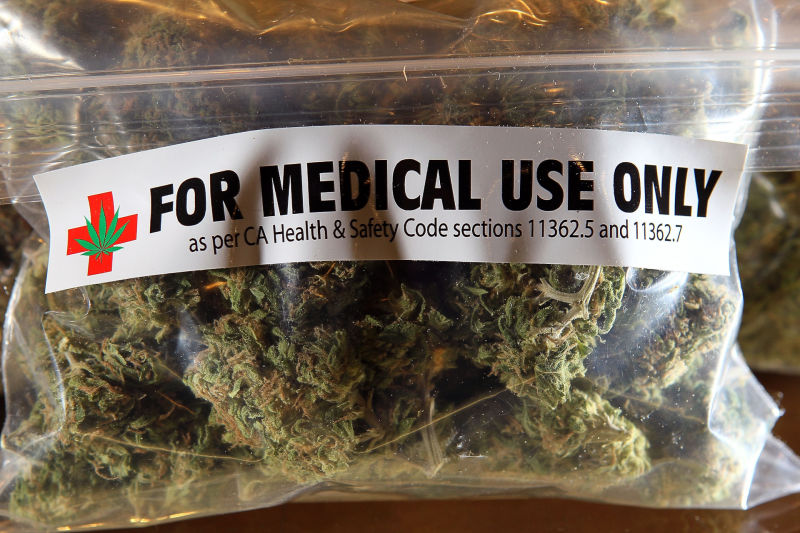The dispensary's attorneys were due to file a status report on the case with U.S. Magistrate Judge Maria-Elena James in San Francisco.
Harborside's announcement included a statement from attorney Henry Wykowski.
"We are gratified that the government has finally seen fit to lay down its arms against Harborside in this case," Wykoski said. "The will of the people is for medical cannabis dispensaries to operate free from federal threats of closure. We hope we are on the cusp of a policy change and that the Department of Justice will no longer target state-legal dispensaries for forfeiture."
Melinda Haag, former U.S. attorney for Northern California, moved to seize Harborside's property on the Embarcadero, southeast of downtown Oakland, in July 2012.
Harborside was just one among hundreds of California dispensaries targeted by the Justice Department under former Attorney General Eric Holder. The campaign included both warnings to dispensary landlords that their properties could be seized under federal drug laws and, for Harborside and others, the filing of property forfeiture cases.
The federal campaign is at least partly responsible for derailing Oakland's plan to expand approvals for medical marijuana facilities in the city, including creations of several industrial-size medical marijuana production centers. City officials anticipated the industry would be a rich new source of tax revenue.
Medical cannabis sales were legalized under Proposition 215, which California voters passed in 1996. But the proposition failed to set up a clear regulatory scheme for dispensaries, leading to a chaotic system in which each locality passes its own rules. And on the federal level, marijuana remains a Schedule 1 controlled substance on par with narcotics like heroin and cocaine.
